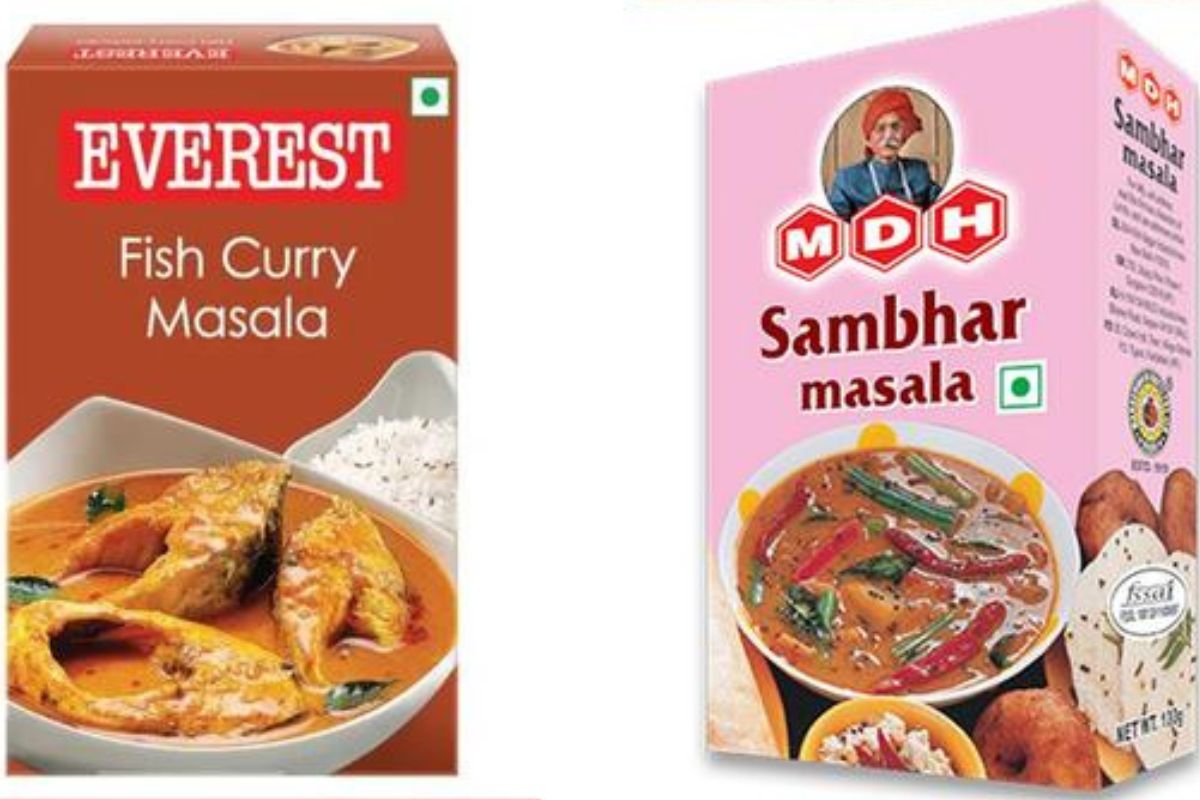Tension mounts for the Indian spice products manufacturers, MDH and Everest, as New Zealand’s food safety regulator on Wednesday said it is investigating possible contamination.
The two popular brands are facing scrutiny in other countries as the United States and Australia have alos been looking into the contamination.
Advertisement
Hong Kong last month suspended sales of three spice blends of MDH and one of Everest, saying they contained high levels of a cancer-causing pesticide, ethylene oxide. Singapore ordered a recall of the Everest spice mix.
The Centre For Food Safety of Hong Kong announced that routine surveillance programs had uncovered the presence of ethylene oxide in three spice mixes from MDH Group – Madras Curry Powder, Sambhar Masala Powder, and Curry Powder.
Notably, the regulators in India have also inspected MDH and Everest plants and sent samples for testing after the global scrutiny, though the results have not yet been made public.
Indian government had ordered food commissioners to collect samples of spices from all the manufacturing units in the country.
There is a ban on using ethylene oxide in food items in India.
In India, the Spices Board defines ethylene oxide as a flammable, colourless gas at temperatures above 10.7 Celsius. It serves as a disinfectant, fumigant, sterilising agent and insecticide.
It is mainly used to sterilise medical equipment and to reduce microbial contamination in spices.
Besides being produced from natural sources, it can also be generated from water-logged soil, manure, and sewage sludge.
The European Union (EU) has also raised concerns, discovering the same cancer-causing substance in samples of chilli peppers and peppercorns from India.











